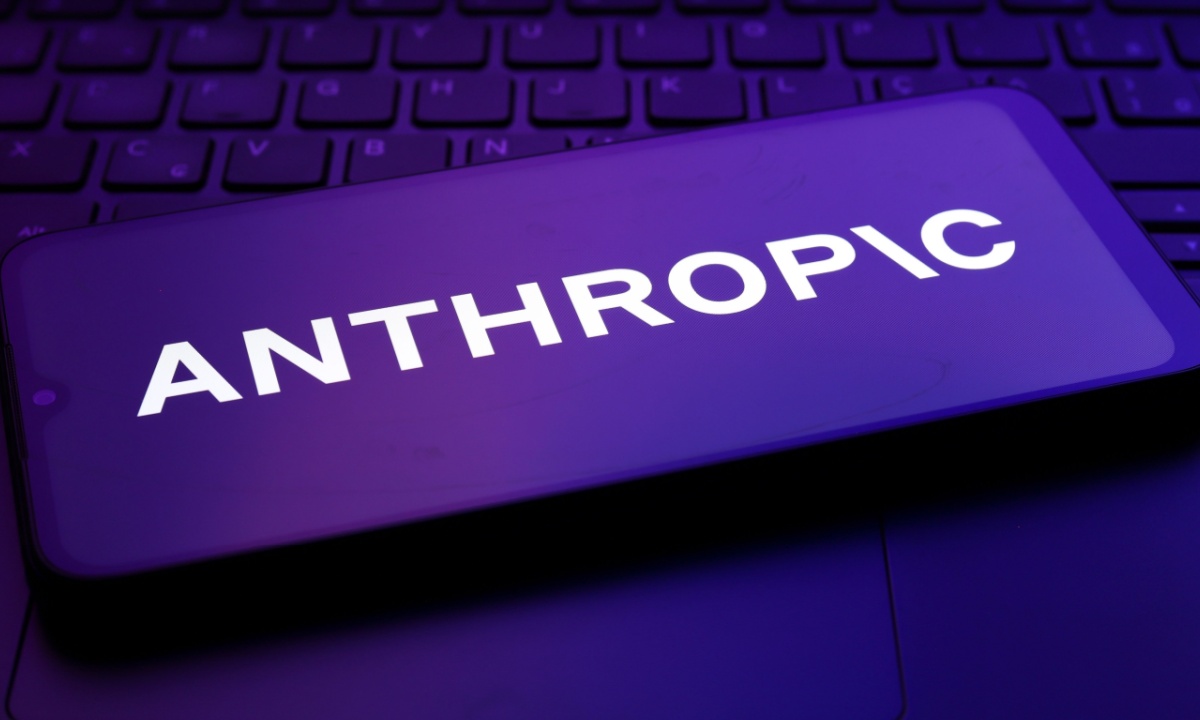Anthropic will reportedly pay $1.5 billion to settle a high-profile copyright violation lawsuit.
The artificial intelligence (AI) startup was sued last year by a group of authors who accused the company of illegally accessing their books.
Under the terms of this settlement, Anthropic will pay around $3,000 per book as well as interest, and will also destroy the datasets that contain the allegedly pirated material, CNBC reported Friday (Sept. 5), citing a court filing.
The report noted that the case had caught the attention of AI startups and media companies trying to get a sense of the copyright infringement atmosphere in the AI age. Assuming the settlement is approved, it will be the largest publicly reported copyright recovery on record, the court filing said.
“This settlement sends a powerful message to AI companies and creators alike that taking copyrighted works from these pirate websites is wrong,” Justin Nelson, the attorney for the plaintiffs, said in a statement to CNBC.
PYMNTS has contacted Anthropic for comment but has not yet gotten a reply.
The suit, brought by authors Andrea Bartz, Charles Graeber and Kirk Wallace Johnson, had accused Anthropic of “largescale copyright infringement by downloading and commercially exploiting books that it obtained from allegedly pirated datasets.”
A judge had ruled in June that Anthropic’s use of books to train its models fell under the “fair use” umbrella, but ordered a trial to determine if the company had infringed on copyright by using works from the databases Library Genesis and Pirate Library Mirror.
“In June, the district court issued a landmark ruling on AI development and copyright law, finding that Anthropic’s approach to training AI models constitutes fair use,” said Aparna Sridhar, deputy general counsel at Anthropic. “Today’s settlement, if approved, will resolve the plaintiffs’ remaining legacy claims. We remain committed to developing safe AI systems that help people and organizations extend their capabilities, advance scientific discovery, and solve complex problems.”
The news follows a report from late last month that Anthropic and the authors had agreed to a settlement ahead of that trial.
As PYMNTS wrote in July, the ruling in Anthropic’s case,– and a similar decision involving Meta, appeared to be emboldening tech firms.
“It’s a green light for the most common approaches AI companies have taken to model training,” Cecilia Ziniti, CEO of GC AI and a former general counsel, told PYMNTS.
Still, she cautioned, “it’s not an all clear,” pointing to pending lawsuits including The New York Times v. OpenAI and Disney v. Midjourney. Other similar suits include one filed last month against Perplexity by two Japanese media companies.
Irina Tsukerman, an attorney and president of Scarab Rising, argued the rulings marked an erosion of control for creators.
“Copyright has long protected the right not just to profit from a work, but to decide how and when it is used,” she said. “Now, that control is slipping away.”

